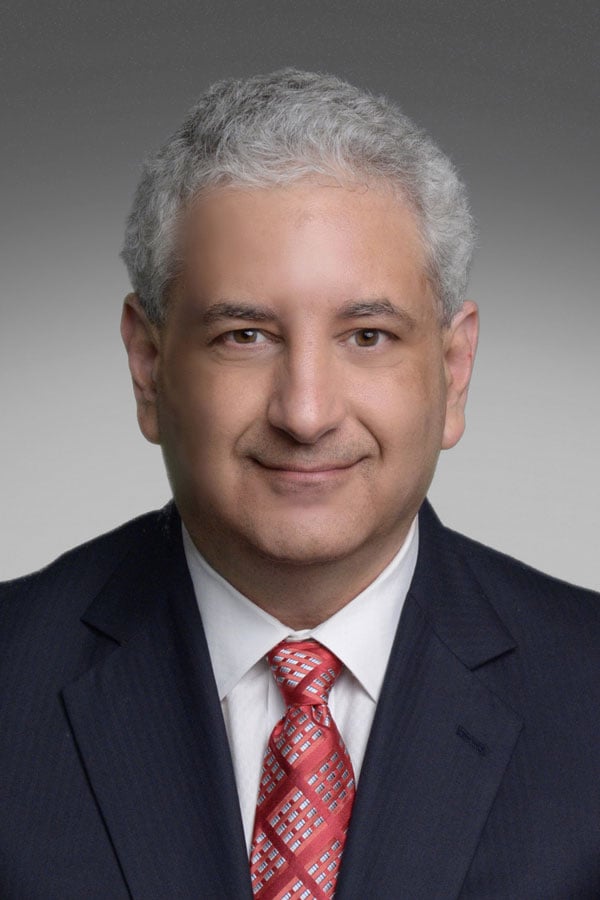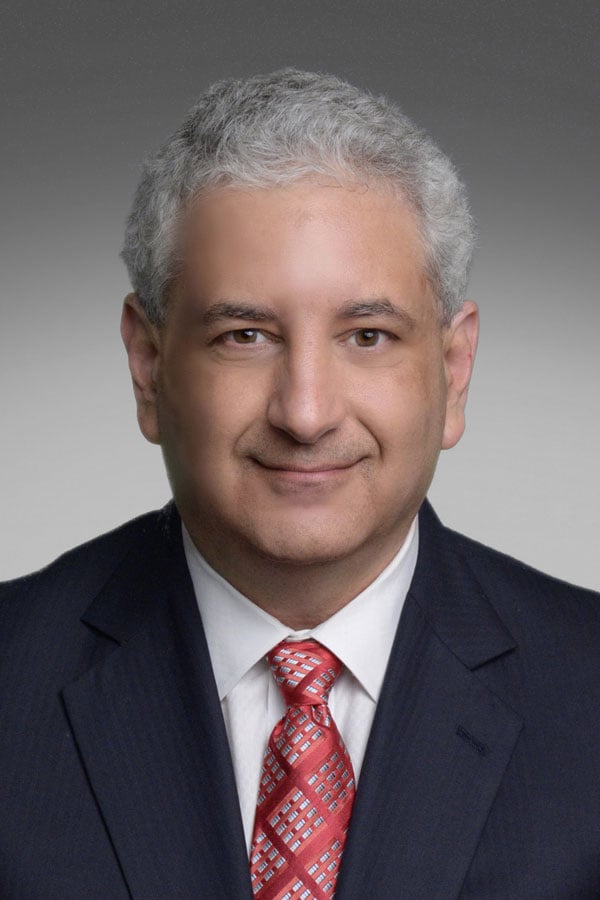
Parking revenues have increased by 23.1% from 2019 to 2023, based on a sample of U.S. properties in CBRE’s Trends® in the Hotel Industry database, which is more than four times greater than the growth rate for total hotel revenues during that period. Not only is parking a growing source of revenue, but it is relatively profitable as well. In 2023, parking department profit margins for the CBRE sample were 61.3% of total department revenue, while the average profit margin for all other-operated departments was 58.7% at those hotels.
While the contribution to revenues and profits is welcomed news to hotel owners and operators, the expanded offering of EV charging stations at hotels meets a growing need of hotel guests, as well as municipal requirements. Even if guests are not driving their electronic vehicles to a hotel, an increasing number of them are seeking hotels with positive ESG policies. The offering of EV charging stations is viewed as a commitment to reduce the carbon footprint of a hotel.
To analyze trends in U.S. hotel parking revenue from 2019 through 2023, CBRE studied a sample of 1,178 hotels that participated in our annual Trends® in the Hotel Industry survey. In 2023, these hotels averaged 283 rooms in size, an occupancy of 69.7% and an average daily rate of $237.48. Since the sample consists solely of properties that reported parking revenue, it is skewed toward full-service hotels (63.6% of the sample), and those located in urban areas (58.0%). This explains the relative high room counts and ADRs for the sample.
Revenue Growth
When analyzing the growth in parking revenue across property types and location categories, we rely on revenue per-occupied-room (POR) to hold constant the impact of relative changes in occupancy. For example, the extended-stay hotel occupancy rate in 2023 was just 1.0 percentage point below the 2019 occupancy level, while occupancy rates at convention hotels were still 8.4 percentage points behind 2019 averages.
Figure 1: U.S. Hotels Parking Revenue by Property Type

 — Source: CBRE Hotels
— Source: CBRE Hotels
From 2019 to 2023, resort hotels have enjoyed the greatest increase in parking revenue POR. Most of this increase has occurred from 2021 to 2023 when resort properties were extremely popular with travelers and hotel operators had the leverage to impose parking fees and/or increase prices. Convention hotels, on the other hand, achieved the least gain in parking revenue (14.2%), which is consistent with the lag in the recovery of group demand.
Figure 2: U.S. Hotels Parking Revenue by Location

 — Source: CBRE Hotels
— Source: CBRE Hotels
Analyzing parking revenue growth POR by location category, we find hotels located in resort destination areas to have enjoyed the greatest increases for the above reasons. Airport hotels achieved the second greatest percentage increase in parking revenue from 2019 to 2023, as these properties have taken advantage of their location by generating parking revenue from local citizens using the airport to fly out of town.
In 2023, the average hotel in the CBRE sample earned $11.53 POR in parking revenue. Resort hotels earned the most at $14.85 POR, while limited-service hotels earned the least at $8.35. While revenue volume POR may be the greatest at resort hotels, it still represents just 1.9% of their total hotel operating revenue. Conversely, parking revenue represents a significant portion of income at those extended-stay hotels that charge for this service, due to the long length-of-stay at these properties that contributes to the significance of this revenue. Other hotels benefiting from a relatively high percentage of parking revenue are urban (3.6%) and airport (3.4%) hotels.
Figure 3: U.S. Hotels Parking Department Revenue by Location

 — Source: CBRE Hotels
— Source: CBRE Hotels
Parking Profits
Consistent with the increase in revenue, hotel parking profits have also increased from 2019 to 2023. On average, the properties in our sample achieved parking department profits during 2023 that were 32.3% greater than 2019 profit levels. Resort hotels, as well as properties in resort/destination and airport locations, achieved the greatest gains in parking department profits.
Figure 4: U.S. Hotels Parking Department Profits by Property Type

 — Source: CBRE Hotels
— Source: CBRE Hotels
In 2023, the number of occupied rooms at the hotels in our sample were still 9.1% below 2019 levels. With parking revenues growing and occupancy levels lagging, the implication is an increase in the price charged by hotels for guest parking. Like ADR driving RevPAR, hoteliers have raised parking prices to cover rising costs of parking operations. This becomes evident when looking at recent trends parking department profit margins. Since 2019, the average parking department profit margin for the hotels in our sample has increased from 57.1% in 2019 to 61.3% in 2023. Per the Uniform System of Accounts for the Lodging Industry, the parking department profit margins (like all operated departments) are calculated based on just the direct department expenses such as labor and supplies. This is before the deduction for overhead expenses such as administration, marketing, maintenance, utilities, property taxes, and insurance.
The 61.3% parking department profit margin means parking departments are more efficient than other hotel revenue-generating departments. As a result of these operating efficiencies, hotel parking department profits comprised 53.1% of the total other-operated department profits at the hotels in the sample during 2023.
As parking revenues and profits have grown, more hoteliers have implemented pay-for-parking at their hotels during the past five years. In 2019, 17.0% of all the hotels in CBRE’s Trends® database reported parking revenue; this number rose to 22.3% in 2023.
EV Charging Stations
Driven by consumer demand, brand requirements, and government regulations, hotel owners are facing the need to install Electrical Vehicle Charging Stations (EVCS) at their properties. According to a 2022 report from Greenview and the AHLA, 26.6% of hotels in the U.S. had EVCS installed on their property, and we expect that this figure has increased since then. Installations were most prevalent at full-service hotels, as well as properties operating in the higher chain-scale categories. Besides Albany, NY and Palm Bay, FL, the top 10 markets with the greatest percentage of hotels with EVCS were in Northern California or the Pacific Northwest.
The number of EVCS to be installed at a hotel is influenced by several factors. Government regulations frequently specify the number of stations based on a percent of guest rooms, or a percent of parking stalls. Suburban and interstate properties, where the majority of guests drive to the hotel, require a greater ratio of stations to parking stalls compared to urban hotels. Finally, the availability of on-site power is a critical factor that could limit the quantity of stations offered and impact the quality of charging service provided.
To allow hoteliers to focus on their core business, it is highly recommended that owners contract with a third-party to provide and operate their EVCS. The most frequent business model between a hotel owner and provider is a monthly subscription: in return for a monthly fee, the third-party provider will install the required infrastructure, maintain the equipment, collect the funds from the hotel guests, and then send funds back to the hotel after a specific payment threshold has been met. Some stations have software that enables the guest to charge their payment to their guestroom, in which case the hotel will pay a designated percentage of the revenue back to the service provider.
Since the charging fees paid by guests are influenced by the number of kilowatt hours it takes to charge a car, hotels are prime businesses to offer profitable EVCS. With guests staying overnight, the longer “dwell time” is not inconvenient for hotel guests and leads to greater revenue generation for the hotel.
EVCS equipment is limited to two primary categories. The majority of hotel EVCS are level 2 chargers which are slower, and therefore more beneficial for hotels for the reasons noted above. Level 3 chargers are faster and require less dwell time, but do not generate as much revenue for hotels. There is no universal plug yet for charging stations, but drivers of electrical vehicles carry adapters with them that will accommodate multiple plug designs.
It is estimated that over 200 companies now offer charging services in the U.S. To select the company that best fits their hotel, it is critical for a hotel owner to quickly understand if the operating model (which party collects revenue, which party pays for utilities, etc.) offered by the provider matches their needs, as well as the reputation of the provider. With so many new recent entrants into the charging service industry, the experience levels of the providers vary greatly.
Robert Mandelbaum
Director of Research Information Services
CBRE Hotels
Please visit:
Our Sponsor
